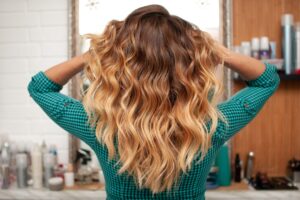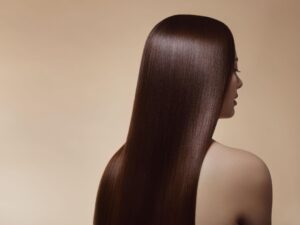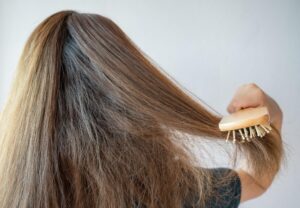Maintaining healthy hair is a goal for many people, and using the right shampoo and conditioner is a crucial part of achieving this. However, one often overlooked aspect of hair care is how frequently you should change your shampoo and conditioner. Is it necessary to switch products regularly, or can you stick with your favorite ones for an extended period? In this article, we will explore the factors that influence how often you should change your hair care products and offer some guidelines to help you make informed decisions.
Hair Type Matters

The first and most important factor to consider when determining how often you should change your shampoo and conditioner is your hair type. Hair types can be broadly categorized as:

If you have naturally oily hair, you might find that your hair care products become less effective over time. This is because your scalp can adapt to the ingredients in your shampoo, making it less effective at controlling excess oil. In this case, it may be beneficial to switch to a different shampoo every few months to keep your hair fresh and clean.

Individuals with dry hair may benefit from a more consistent hair care routine. Changing products too frequently can disrupt the moisture balance of the hair and scalp, potentially making dryness worse. Stick with a hydrating shampoo and conditioner that work well for your hair type and consider using a deep conditioning treatment occasionally for added moisture.

If your hair falls into the normal or balanced category, you have some flexibility. You can choose to change your hair care products for variety or stick with a set that works well for you. Some people with normal hair find that switching products every 6-12 months keeps their hair looking its best.
Product Buildup and Residue

Over time, hair care products can leave residue on your hair and scalp. This buildup can affect the performance of your shampoo and conditioner. Signs of product buildup include dull, limp hair, an itchy or irritated scalp, and reduced lather when shampooing. We have a perfect hair care bundle for you. If you notice these signs, it’s a good indication that it’s time to switch to a clarifying shampoo or a different product to remove the buildup.

2. Seasonal Changes:

3. Trial and Error:

Conclusion
The frequency at which you should change your shampoo and conditioner depends on various factors, including your hair type, the presence of product buildup, environmental conditions, and seasonal changes. There is no one-size-fits-all answer, but by paying attention to your hair’s needs and experimenting with different products as necessary, you can maintain healthy, beautiful locks. Ultimately, the key is to find a routine that works for you and keeps your hair looking its best.


 No products in the cart.
No products in the cart.